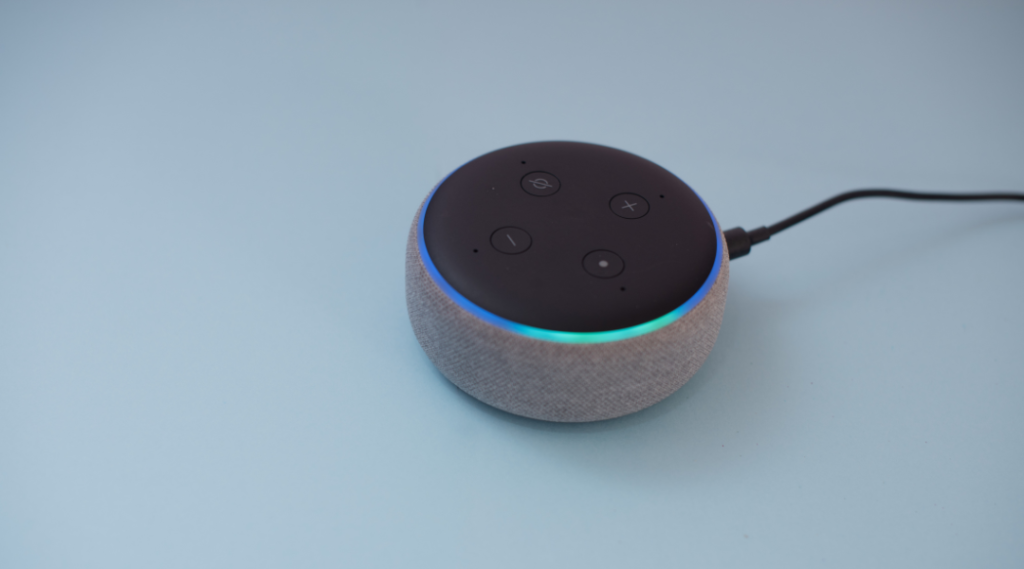
An Incredible Combination
According to the Open Voice Network, just 30 seconds of voice data can help a company determine a consumer’s age, weight, ethnicity, and education level. This is why Jon Stine, OVN’s Executive Director, argues that “Voice is probably the second-most informative data source short of the human genome.”
Why does that matter? Well, more than half of US adults now own a voice assistant according to Edison Research and NPR’s 2022 Smart Audio Report.
What we have here is an incredibly rich and informative pool of data combined with widespread adoption. Advertisers are understandably chomping at the bit to create voice-enabled sponsorships and engage with consumers via this new medium. As with any new channel, however, there are important considerations to keep in mind, mostly regarding tracking and privacy.
“Hey, Alexa! Show Me Relevant Ads”
Google and Amazon own the market when it comes to smart speakers, voice assistants, and the opportunities to advertise on these emerging platforms. For brands, this presents two headwinds.
For starters, Google is sunsetting Google Actions, which allowed developers to create custom experiences on Google’s smart speakers. This makes Amazon’s Alexa essentially the only platform where brands can create personalized experiences. This brings us to the second problem.
As the main provider, Amazon will own all voice data that’s collected from consumers. This is not ideal for brands that are looking to build long-term relationships with customers. With that said, brands are starting to get creative.
Owning the Data
Outside of just the voice space, privacy-driven changes are forcing brands to think harder about controlling first-party data and not subjecting themselves to platform risk.
Take Apple’s iOS 15 updates for example, which have made it harder for companies like Snap and Facebook to offer precise targeting. Google is also planning to remove third-party cookies from Chrome, although the date has been continuously pushed back.
Nevertheless, owning first-party data is becoming more important. Control is especially key in heavily-regulated industries like healthcare and banking where it is critical to protect user data.
In some cases, this means redirecting consumers from Alexa apps to a unique landing page. Other brands are also using voice AI platforms such as Speaky, which lets users leave spoken feedback directly on the brand’s website. Some companies are still exploring developing their own voice assistants.
Regardless of who owns the data, mistrust in voice technology still decreased last year according to the Voice consumer Index. As a result, brands are likely to continue investing in targeting consumers via voice ads.